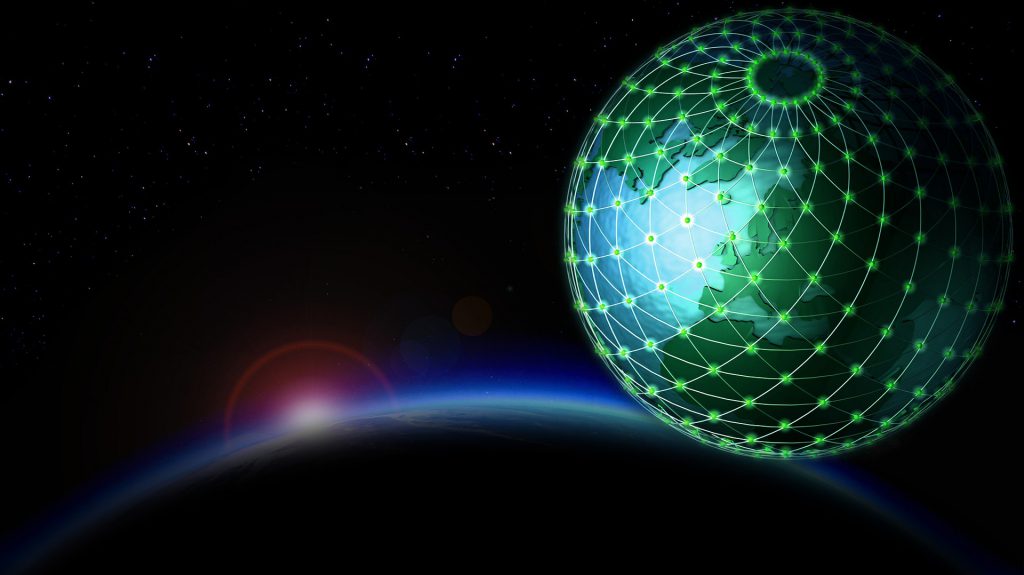Artificial Intelligence (AI) is powerful when it fades quietly into the background. AI-4-All, a non-profit organization with education programs for high school students, describes AI as “a branch of computer science that allows computers to make predictions and decisions to solve problems”. It’s simple, but it’s true. Ideally, AI would be used to solve problems like hunger, environment safety, safe drinking water, disease diagnosis, and crime stopping. In many cases, this is exactly how AI algorithms are used.

However, that is not how the average person is impacted by AI on a daily basis. Each day, our computers make predictions about our search terms, recommended spelling, phrasing in texts, and which products we might want to buy. Mostly the last one. The question is how these predictions are made. What factors go into the decision-making process?
Most importantly, what does this have to do with the library? Honestly, everything. Here’s a list:
- Search Engine Rankings: When library patrons Google your library, an AI algorithm is used to determine which listings appear on the list. If you want the library to appear in searches for local events, you will need to know what Google’s algorithm is looking for in your listing.
- Search Assistance: Librarians help people find information. A great deal of information is found behind search engines powered by AI. Know the tips and tricks to use Google, and find what Google can’t.
- Privacy & Security: AI is fed by mass quantities of data. That data is generated by us. Every click, search entry, map location, post and video viewed can be tracked and fed into a user profile. Libraries can help people sort out where data goes and know their rights and responsibilities to keep themselves safe in a digital world.
- Internet of Things: With devices being powered by the internet and generating more data, it is more important now than ever to lay a good foundation for data awareness and security.
- Deep Fakes & Fake News: Unfortunately, both AI and humans are generating more fake news, fake comments, and all around bad things. Help people identify fake articles, videos, and comments.
Luckily, libraries are in a good place to tackle the information world. Let’s help our communities stay safe and well-informed.

